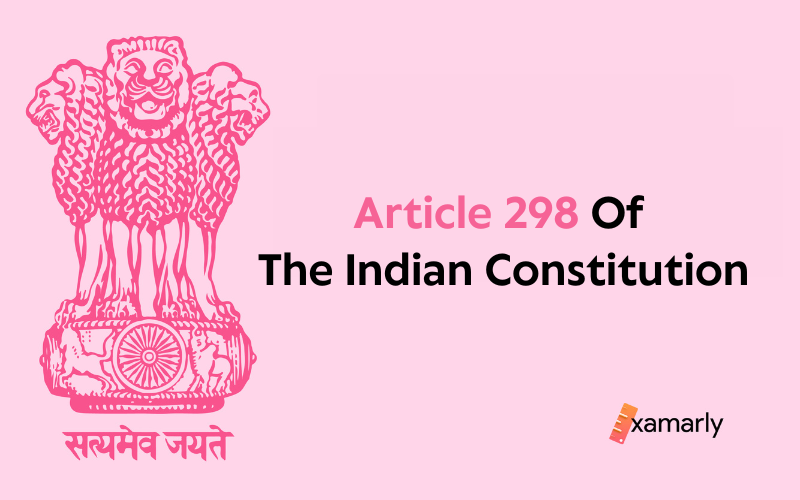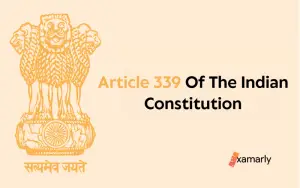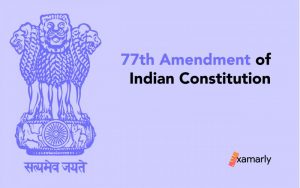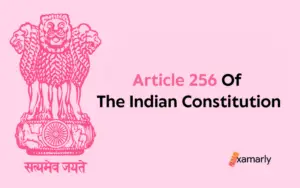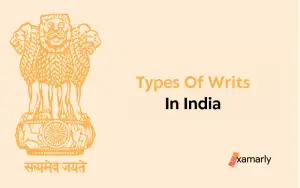Article 298 of the Indian Constitution talks about the power and authority of the Union Government and the State Government to trade.
Let us dig deep into Article 298 of the Indian Constitution and get to know everything that is being said in the Article.
What Does Article 298 Of The Indian Constitution Say?
298. Power to carry on trade, etc The executive power of the Union and of each State shall extend to the carrying on of any trade or business and to the acquisition, holding and disposal of property and the making of contracts for any purpose: Provided that (a) the said executive power of the Union shall, in so far as such trade or business or such purpose is not one with respect to which Parliament may make laws, be subject in each State to legislation by the State; and
(b) the said executive power of each State shall, in so far as such trade or business or such purpose is not one with respect to which the State Legislature may make laws, be subject to legislation by Parliament
According to the clause in Article 298 of the Indian Constitution, a) the said executive power of the Union shall be subject in each State to legislation by the State in so far as such trade or business or such purpose is not one with respect to which Parliament may make laws; and b) the said executive power of the Union shall extend to the carrying on of any trade or business, the acquisition, holding, and disposal of property, and the making of contracts for any purpose.
(b) the executive authority of each state must be subject to regulation by Parliament insofar as such trade or business or such purpose is not one with regard to which the legislature of the state may enact laws.
You Might Also Like To Read – Article 295 Of The Indian Constitution
Summing Up
We can conclude from Article 298 of the Indian Constitution that this Article grants the central government and governments of the states the power to carry on trade or business.
This means they can acquire, hold, and dispose of property and make contracts for any purpose. But their ability to do so may be limited by laws enacted by the other levels of government.
FAQs
What is the purpose of Article 298?
Article 298 of the Indian Constitution grants the central government and the state governments the power to carry on trade or business and to acquire, hold, and dispose of property and make contracts for any purpose.
What are the limitations on the exercise of this power?
The exercise of this power is subject to certain limitations. In particular, the executive power of the central government is subject to state legislation if the trade or business or purpose is not one for which Parliament (the national legislature) may make laws. Similarly, the executive power of the states is subject to national legislation if the trade or business or purpose is not one for which the state legislature may make laws.
Can the central government or state governments delegate their powers under Article 298?
Yes, Article 298 allows the central government to delegate any of its powers under this article to any authority or person, and to prescribe the procedure to be followed by such authority or person in the exercise of such powers. It is not clear if the state governments have similar powers of delegation.
What is the significance of Article 298?
Article 298 of the Indian Constitution is significant because it establishes the powers of the central government and the state governments to carry on trade or business and engage in other activities related to property and contracts. It also sets out the limitations on the exercise of this power and the role of the national and state legislatures in regulating these activities.


